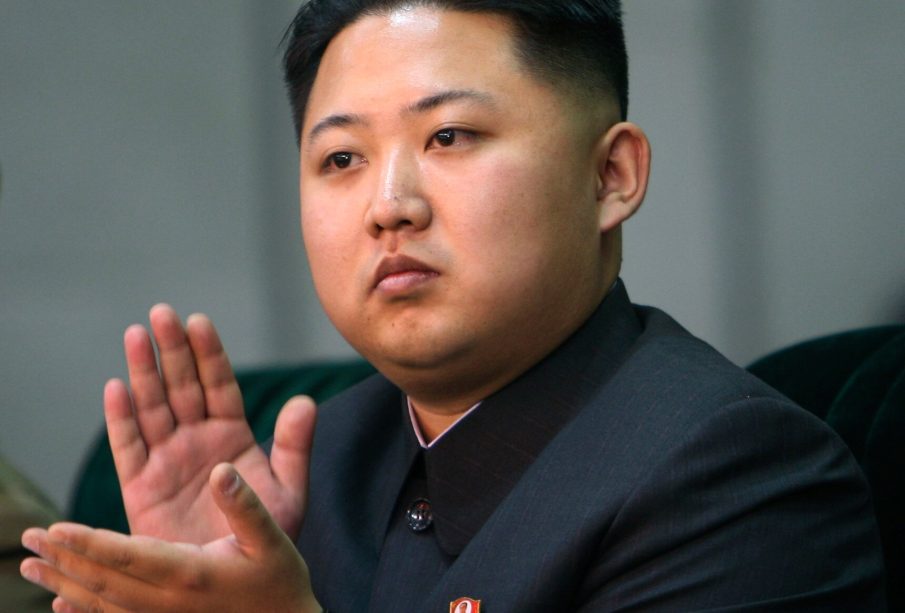Understanding Kim Jong Un’s Influence on Global Politics

Introduction
Kim Jong Un, the Supreme Leader of North Korea, has been a pivotal figure in global politics since he came to power in 2011. His leadership is marked by a blend of aggressive military posturing, economic challenges, and a unique international diplomacy strategy, raising significant concerns and interest among world leaders and analysts. Understanding Kim’s policies and actions is crucial as they have profound implications for regional stability and international security.
The Unique Leadership Style of Kim Jong Un
Since succeeding his late father, Kim Jong Il, Kim Jong Un has consolidated power through a combination of purging political rivals and promoting loyalty within the military and the ruling party. His leadership has seen continued emphasis on North Korea’s nuclear capabilities, which he uses as leverage in negotiations with the United States and South Korea. Recent events indicate a shift where Kim is now focusing on economic development as much as military assertiveness, a strategy that could be indicative of a long-term vision for the nation.
Recent Developments
In September 2023, Kim Jong Un made headlines after attending a summit with Russian President Vladimir Putin, emphasizing military cooperation and strategic partnerships. This meeting highlighted North Korea’s growing alignment with Russia amidst increasing tensions with the West. Moreover, Kim’s efforts to enhance domestic production and food security in light of international sanctions and pandemic-related challenges indicate a shift towards prioritizing internal stability. Reports from the United Nations reveal that North Korea continues to face severe food shortages, exacerbating the plight of its citizens.
Global Reactions and Implications
The international community remains wary of Kim Jong Un’s ambitions, particularly regarding nuclear proliferation. The U.S. and its allies have reiterated their commitment to denuclearization talks while also preparing for potential provocations from North Korea, such as missile tests or military exercises. Tensions are heightened as Kim’s aggressive military advancements could destabilize the region further. Experts warn that without adequate engagement and diplomatic efforts, the risk of miscalculation and conflict could increase.
Conclusion
Kim Jong Un’s leadership style and aggressive posturing have wide-ranging implications for global politics. As he continues to navigate a path between military advancement and economic necessity, the world watches closely. The strategic partnerships he forges and the decisions he makes will define not only the future of North Korea but also the dynamics of international relations in East Asia. Stakeholders across the globe must carefully consider their responses to Kim’s actions to foster diplomacy and avert conflict in an already volatile region.









